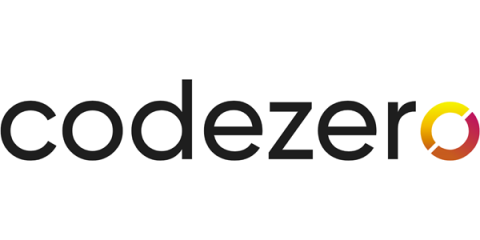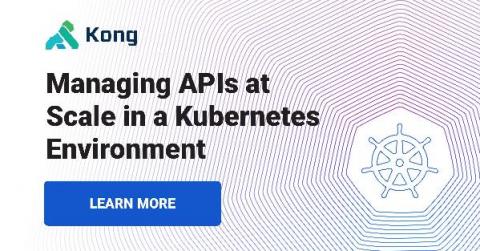Systems | Development | Analytics | API | Testing
Containers
Codezero 301: Discovering New Lands
Codezero joins Equinix Metal Partner Ecosystem
Managing APIs at Scale in a Kubernetes Environment
Kubernetes continues to lead the container orchestration charge. In fact, according to the latest CNCF survey, 83% of respondents said they were using Kubernetes in production. Kubernetes provides you with key features such as self-healing capabilities, automated rollouts and rollbacks, automated scheduling, scaling, and infrastructure abstraction. This provides a truly extensible, highly available and infrastructure-agnostic environment to deploy all your modern microservices-based applications.
CodeZero 201: The Voyage is Underway
In my previous blog post, CodeZero 101, I shared with you Part 1 of a four-part series directed at introducing you to the CodeZero platform and some of its useful tools and features for Kubernetes developers. While Part 1 focused on laying a technology foundation, this second post gets into CodeZero itself, and introduces two incredibly handy features called Teleport and Intercept. Teleport allows developers to develop and debug their code locally as though they are inside the cluster.
Do you know the correct way to say kubectl?
APM with Prometheus and Grafana on Kubernetes Ingress
CodeZero 101: Casting Off
In a series of four articles I’m going to describe the foundational technology behind CodeZero, describe some of its features, and show how it can be of tremendous benefit to any development team or individual deploying their software to Kubernetes. You can read the first article on Medium, where I dive into some of the core concepts that you need to understand to get the most out of CodeZero.
Speedscale & Locust: Comparing Performance Testing Tools
Picking the right performance testing tool can be a challenge. What should you look for and what is important? Performance testing is a phrase many developers have come across at some point, but what is it exactly? In simple terms, performance testing is a software testing practice used to determine stability, responsiveness, scalability, and most important, speed of the application under a given workload.
Origin Story
One of the real joys of entrepreneurship is to see your product take off. When I say “take off”, I mean that moment you get as many thousands of new customers sign-up every single day as it took the company the past two years to acquire. I cannot begin to describe the exhilaration and the stress as you see your cloud infrastructure numbers skyrocket.






